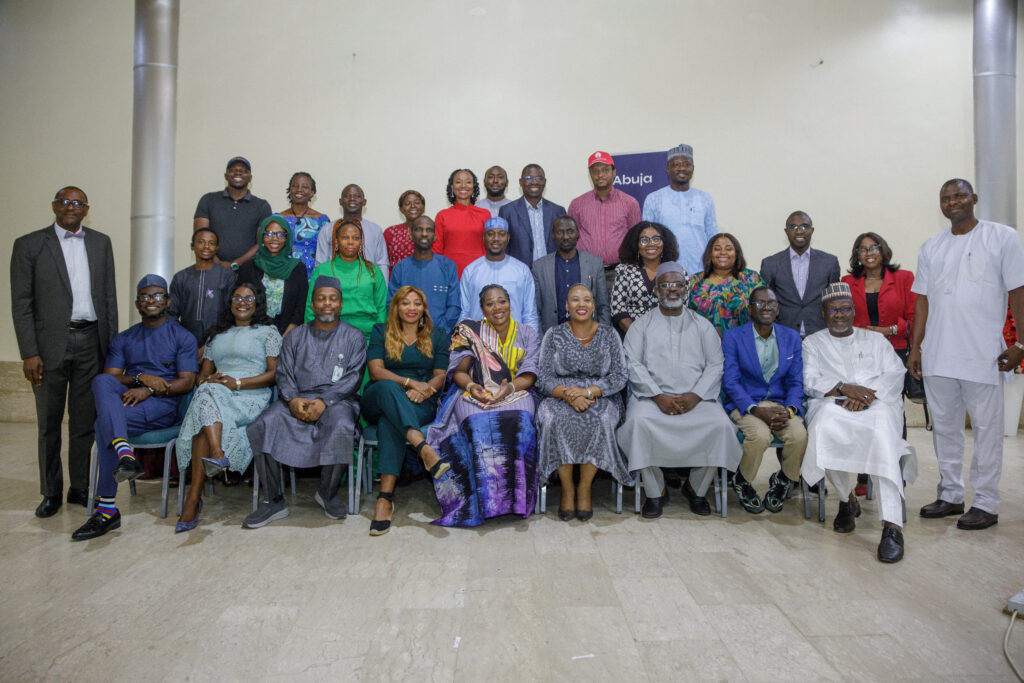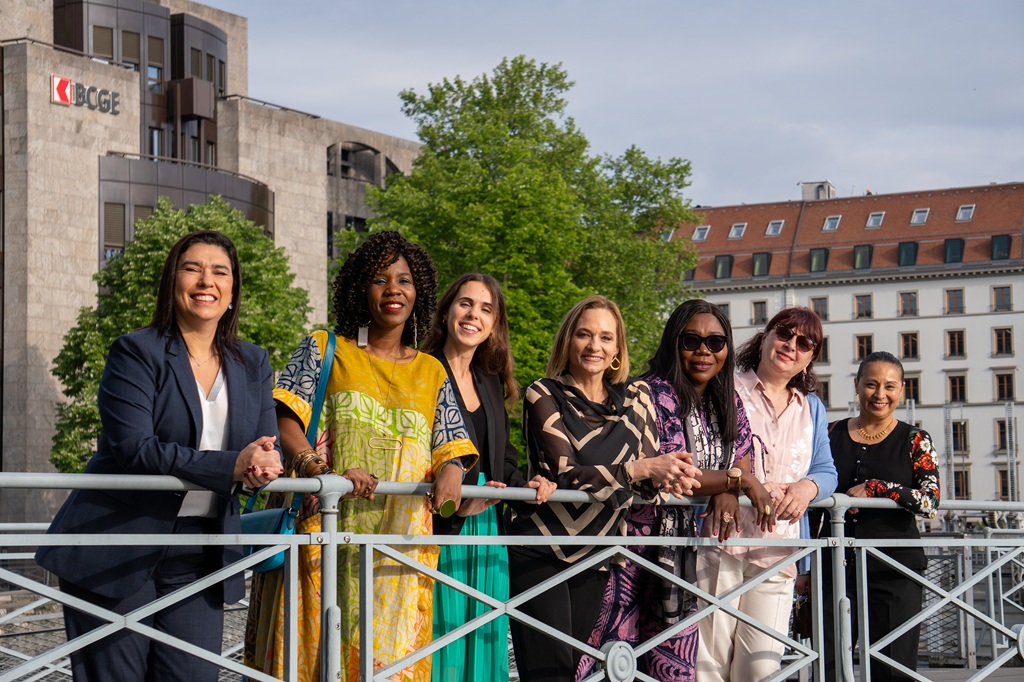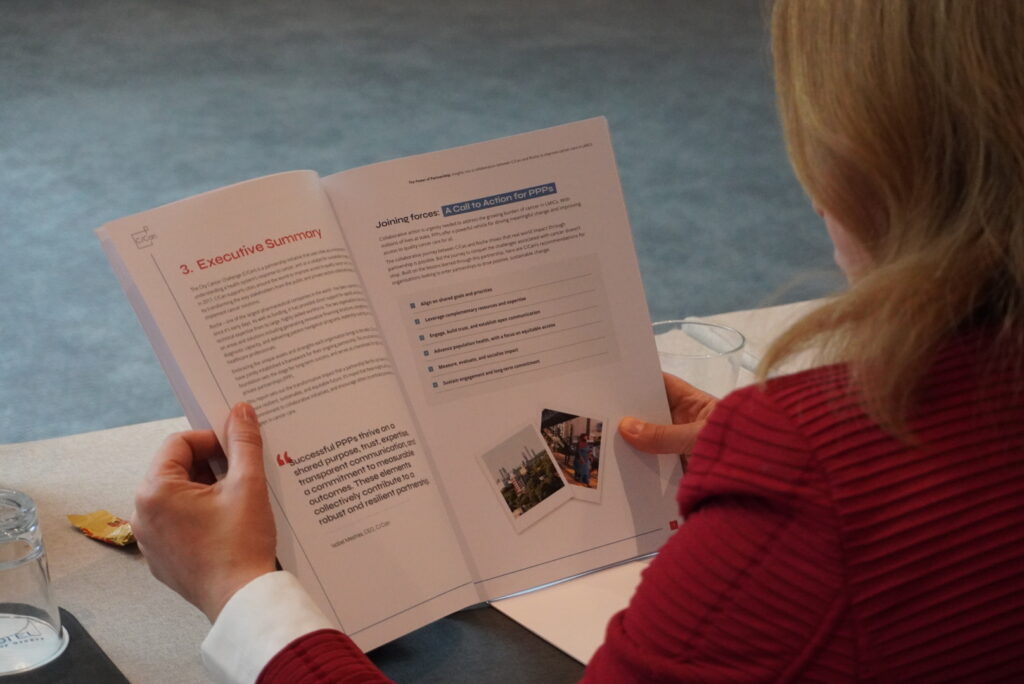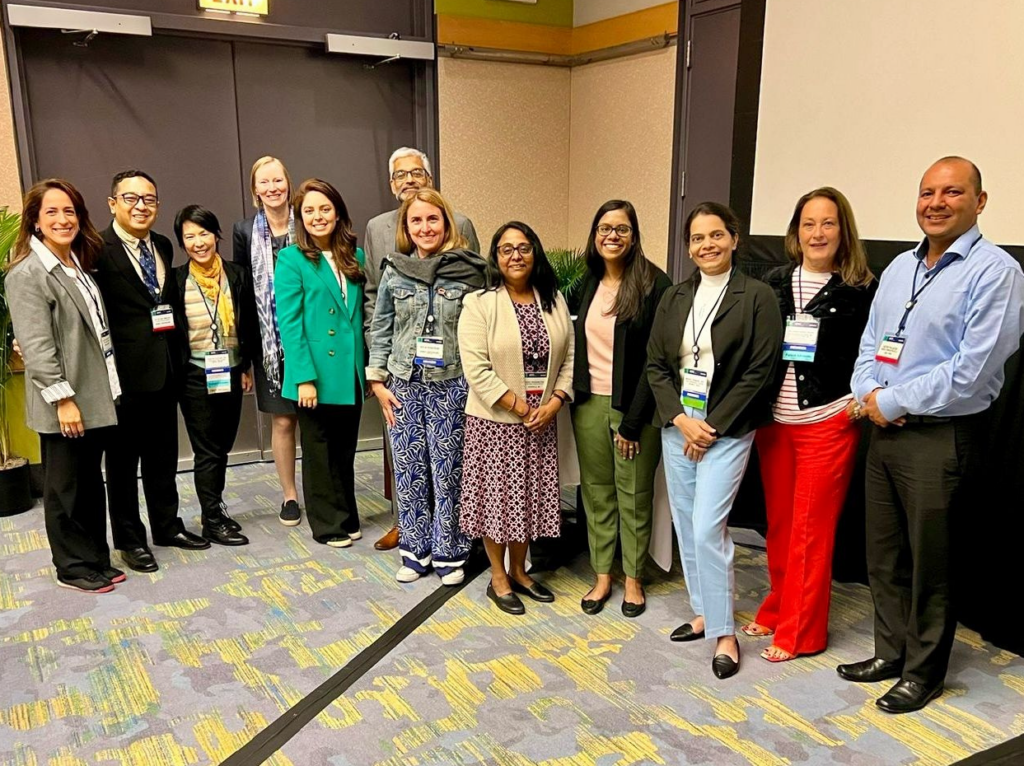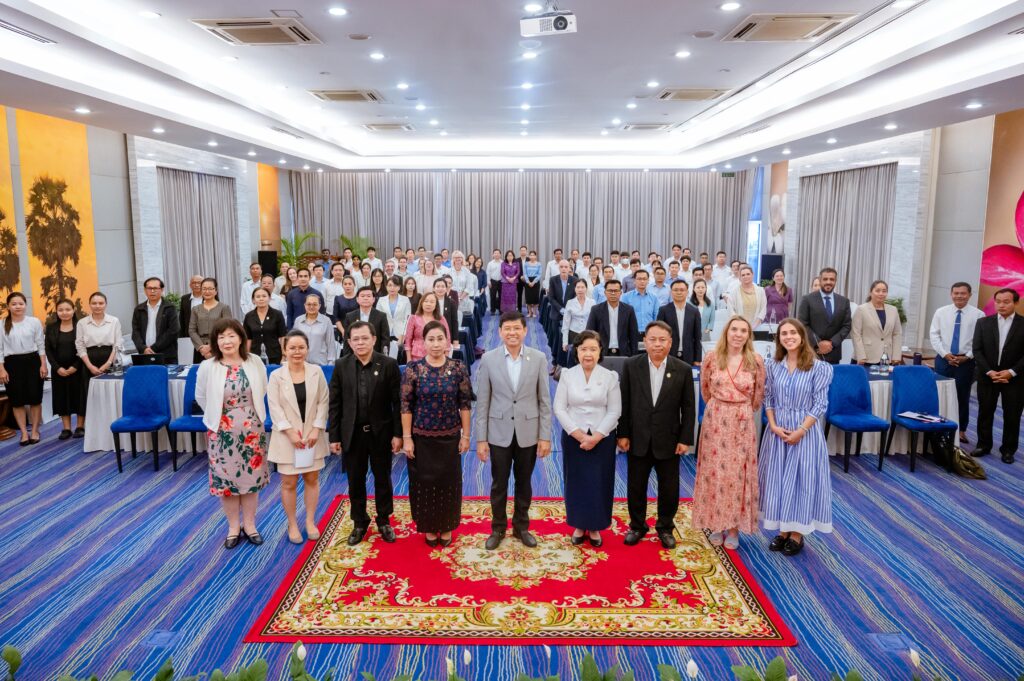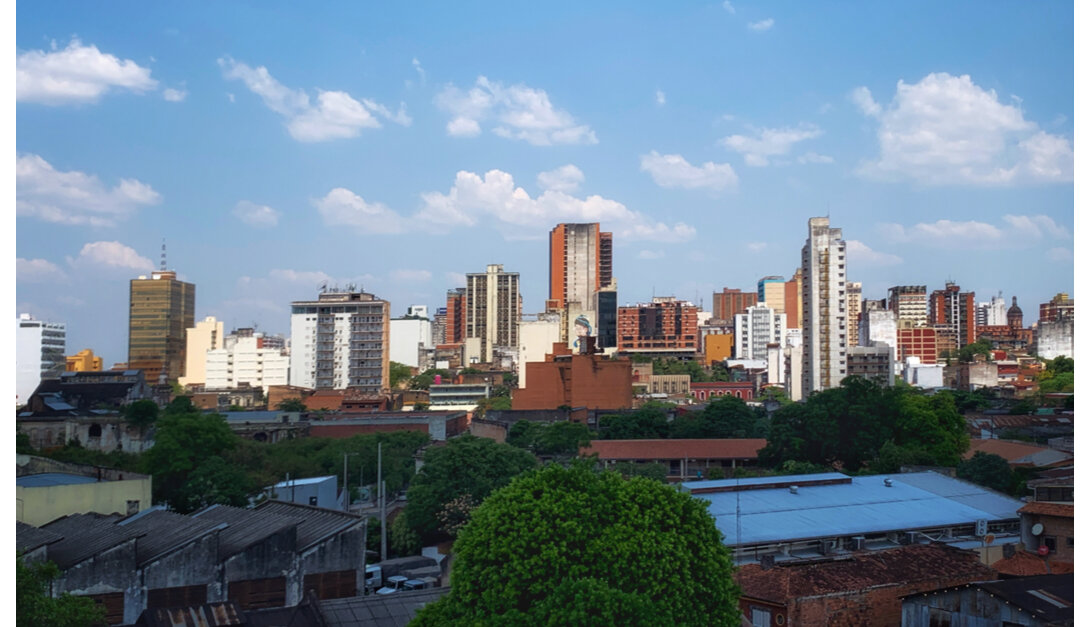
- Cooperation agreements seal three years’ work in Paraguayan capital between wide range of multi-sector stakeholders
- C/Can will work with the Medical Science Faculty “on common objective of improving the quality of human resources in oncology”
C/Can has signed agreements with Paraguay’s Ministry of Health & Social Welfare and the the Faculty of Medical Science of the National University of Asunción (UNA) to improve access to quality cancer care through joint strategies and projects set up over the last three years as part of C/Can and Asunción’s initiatives to assure the viability and sustainability of their work.
The agreements are based on a shared commitment with these two leading institutions to work together to meet three of the UN’s Sustainable Development Goals: improving health, creating sustainable cities and forging alliances to reduce non-communicable diseases, including cancer, by 25% by 2025.
Since joining C/Can in early 2017, the Paraguayan Ministry of Health and Social Welfare has been working with key actors from the public and private sectors, as well as civil society through the C/Can Executive Committee in Asunción, to develop strategies and set up projects to improve cancer care in the city that can be replicated throughout C/Can’s global network of cities.
C/Can’s Executive Director Susan Henshall says that after the regulation in July of legislation aimed at guaranteeing treatment for people with cancer, the Paraguayan government has now “positioned cancer as a political priority at the national level, contributing to the approval of the first comprehensive cancer law, with funds allocated, which resulted in the reordering of the National Cancer Control Program in the National Cancer Institute (INCAN).” A national cancer advisory board has also been set up to oversee treatment policies and practices.
The agreement with the Medical Science Faculty provides a cooperation framework to support and strengthen the C/Can Asunción Executive Committee, laying the foundations to ensure the sustainability of its priority objectives, with a focus on the area of human resources, education and training.
“We have a shared commitment to work together through effective, meaningful partnerships with the common objective of improving the quality of human resources in oncology, which translates directly into improvements in the care of cancer patients,” said Professor Laurentino Barrios Monges, Dean of the National University of Asunción.
C/Can’s Susan Henshall observed that the agreements will guarantee collaboration through the C/Can model of creating participative mechanisms with cities
“to empower them to define their needs and design solutions that reflect an understanding of the unique local context; to provide the tools, processes and structures to improve cancer care at the local level and share knowledge gained at city level with the rest of the world so that local innovation can bring global benefits.”
At the same time, she noted, it will provide access to a network of partners to provide technical assistance, resources and know-how to cities based on their individual needs.
Describing the agreement, Health Minister Dr Julio Daniel Mazzoleni Insfrán said: “This will strengthen the implementation, monitoring and evaluation of the projects initiated by C/Can in Asunción and ensure the sustainability of the actions initiated, consolidation of the work model and will allow scalability of the initiative to other cities in Paraguay, in order to achieve the expected impact in improving access to quality cancer care for all.”
We are embedding a core set of sustainability principles to strengthen our cities’ resilience over time. This means building the capacity of individuals, communities, health professionals, healthcare institutions and health systems so they can plan, design and implement sustainable cancer care solutions, regardless of political and economic stresses.
C/Can seeks to increase access to quality cancer diagnosis and treatment in cities around the world through a network of collaboration between various stakeholders. Four Latin American cities are already part of this initiative: Cali, Colombia; Asuncion, Paraguay; Porto Alegre, Brazil and León, Mexico.
Our approach is to create platforms for the integration of health systems, promoting sustainable solutions through the commitment and coordinated work of leaders from the public, private and civil society sectors. Thanks to the support of international C/Can partners such as the American Society of Clinical Pathology (ASCP) and the American Society of Clinical Oncology (ASCO) standardized plans, guides, protocols and manuals in the areas of pathology, radiotherapy, nuclear medicine, clinical oncology and surgery are in the development phase.

